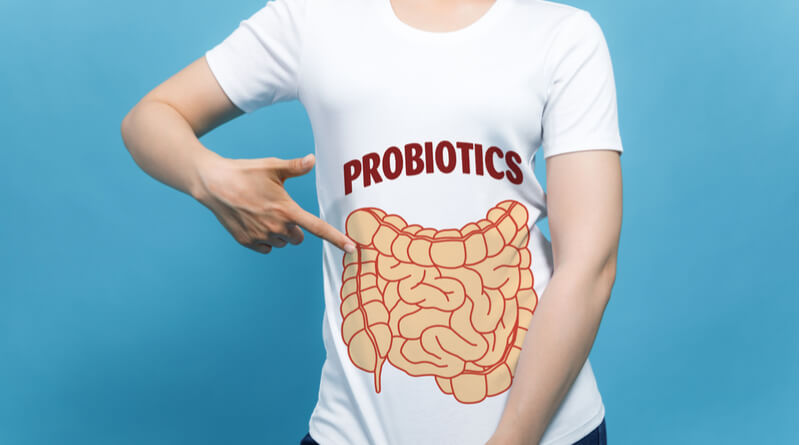Probiotics are living microorganisms that are responsible for delivering health benefits to their host. You might not believe this, but human bodies actually rely on a whole host of microorganisms to maintain systems and keep healthy. They are the good bacteria that you want and need in your system. Probiotics in particular aid in digestion and improve the rate of nutrient absorption. You can obtain probiotics naturally by eating fermented foods and cultured milk, or you can consume manufactured probiotic supplements.
Including probiotics in your diet has shown to help with several digestive issues:
- Constipation
- Colic
- Chrohn’s disease
- Irritable bowel syndrome
- Inflammatory bowel disease
- Lactose intolerance
- Ulcerative colitis
They are able to handle these issues because they regulate your gut environment to make it efficient. Probiotics do this in a few specific ways:
Alter the digestive ecosystem
The ecosystem in your gut and digestive tract is actually in flux. It is made up of a series of different microorganisms that interact together. Studies have shown that your gut’s ecosystem can actually be responsible for constipation. This is probably because your body isn’t able to break down food as easily when the ecosystem is out of whack.
Lower pH levels
Probiotics play a big role in lowering the colon’s pH level. This can help your stool move through the colon more efficiently.
Relieve antibiotic related diarrhea
Antibiotics are designed to kill bacteria, most often times in a non-discriminatory manner. This means they kill good bacteria along with the bad bacteria. When good bacteria are killed in your gut and digestive tract it can lead to diarrhea. Probiotics can replenish the good bacteria and solidify your bowel movement.
Help with protein absorption
Probiotics can also help absorb the protein you eat along with other important vitamin








